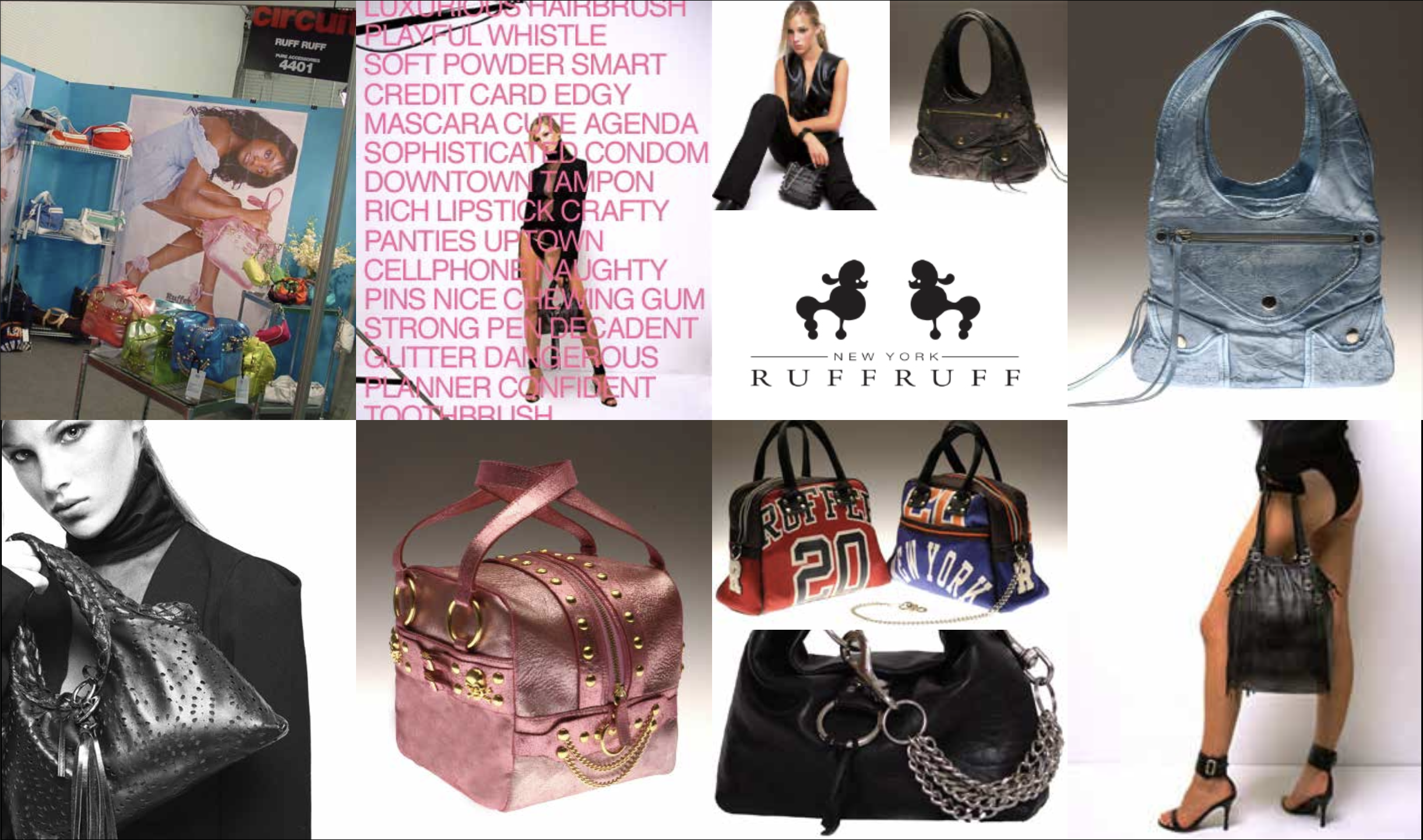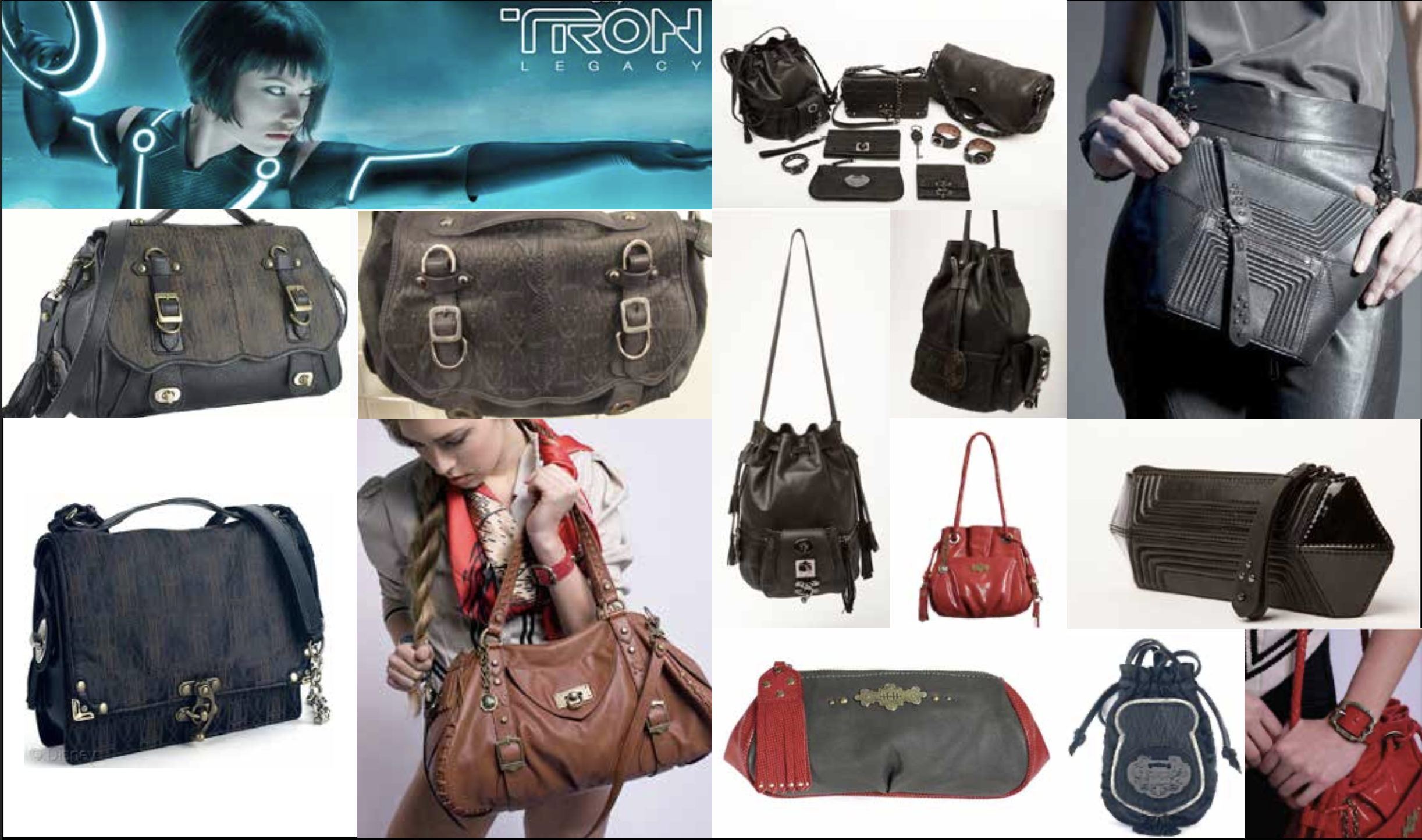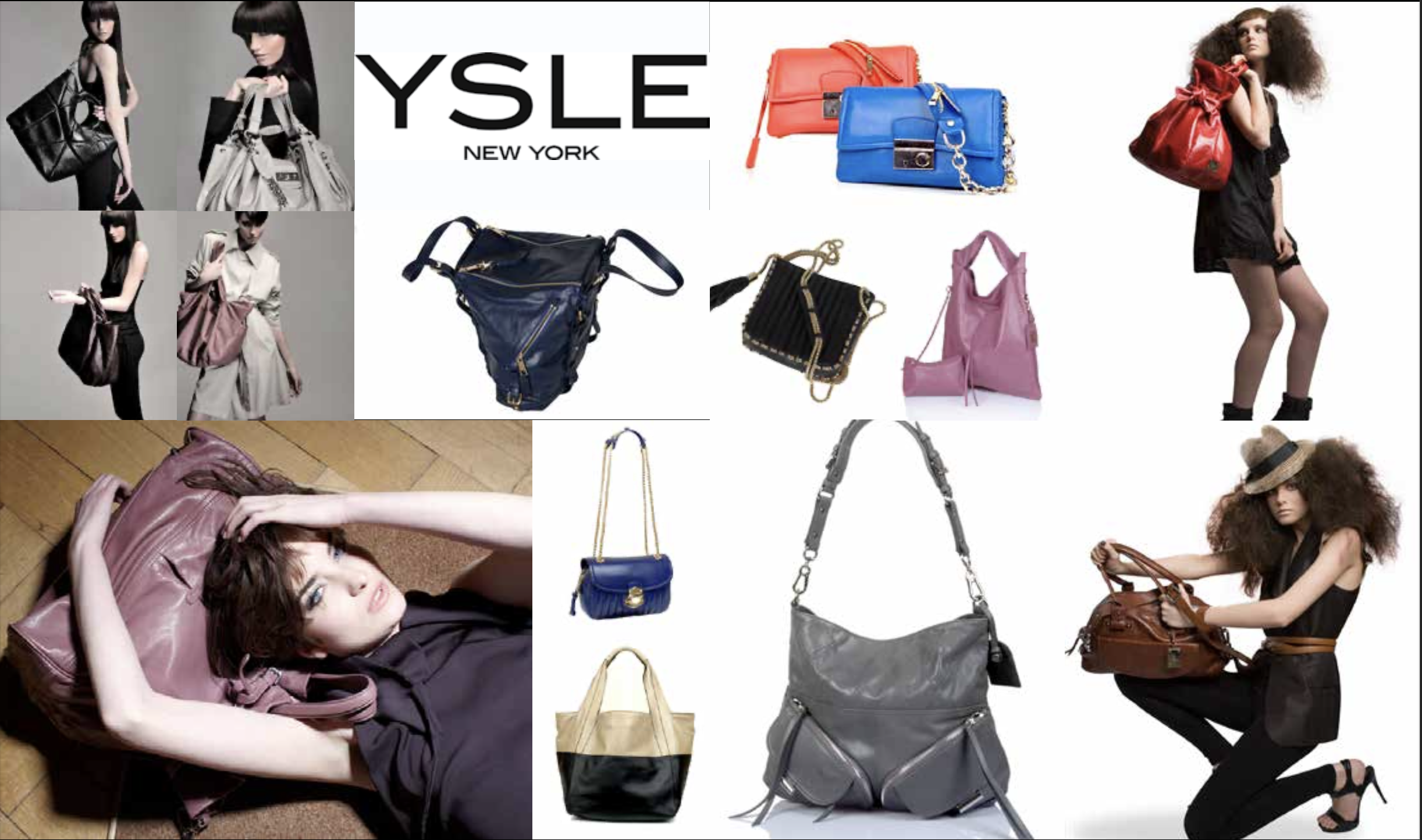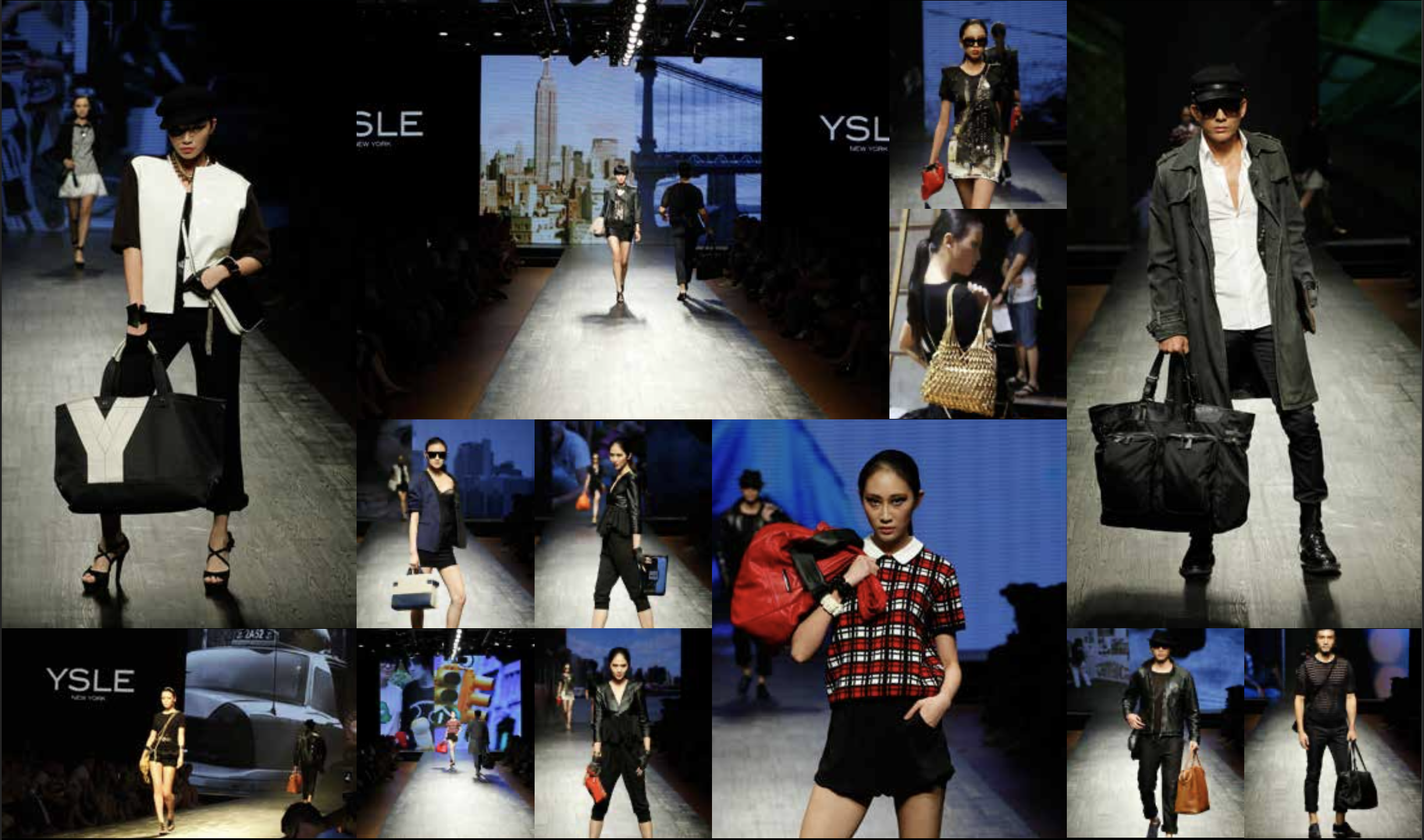CRIS & COCO: A Love Story (Sort Of)
Three brands, two continents, one breakup, and a few really good bags.
The dream to start your own fashion brand? It’s romantic—until it’s not. Until you’re knee-deep in piping, sampling fees, and unpaid invoices, wondering whether a seamstress ghosting you counts as heartbreak. But let’s rewind.
Chapter 1: Ruff Beginnings
It all started in the ashes of 9/11. Cris (that’s me), a semi-retired fashion photographer, and Andrea “Kuni” Ruff, my partner and a stylist, needed a way to stay afloat. She began sewing oversized handbags in our Lower East Side apartment. We named the brand RUFF RUFF—a wink to her last name, dog lovers everywhere, and possibly 80s bands like DURAN DURAN and TALK TALK.
It wasn’t a branding exercise. It was survival. It was style, stitched.
Armed with a vendor license and a folding table, we set up on West Broadway. From there, we built a tiny workshop in our living room at the edge of Rivington, where the projects start and the gentrifiers end. We hired sample makers—mostly from Ecuador and Peru—and got to work making bags. Big ones. Oversized bags before they were cool. (Now they’re called BABs—Big Ass Bags. We were ahead of the curve, which basically means we missed the market.)
Chapter 2: Made in New York (Mostly Just Made in Hope)
Still drunk on the idea of local production, we opened a studio in Greenpoint, Brooklyn. Specialty machines, big clickers, dreams of “Made in NY.” But the Garment District was on life support. Skilled labor? Vanished. The machines stood idle. Our ambitions were bigger than the supply chain.
It turns out, building a fashion brand requires more than vision. You need logistics. Tech packs. Zipper suppliers. Piping subcontractors. Leather cutters. And that’s before marketing, photography, and showroom rent. I learned how a bag comes together by tearing one apart. In the end, it was a masterclass in humility.
Chapter 3: China, Baby
By 2007, it was clear we couldn’t make it in New York. On advice from a corporate partner, we pivoted to China. First stop: Guangzhou—ground zero for bags, both fabulous and fake. We were floored. Malls the size of Macy’s, stacked six floors high, each one devoted to a different piece of the bag puzzle. Our first samples came back in two hours.
But factories grew bored with us. We weren’t ordering thousands. We weren’t LVMH. So they turned their attention to what did sell: luxury replicas, made with more precision than the originals. We hung on, surviving off contract jobs for other labels—some small, some big, all draining. Then came a new idea.
Chapter 4: YSLES – The Island Dream
An investor encouraged us to launch a more commercial line—less artisanal heartache, more sellable product. I came up with YSLES (old French for “islands”), imagining it as a chic, contemporary bridge line. We showed at ENK, sold to five countries, and almost believed we were back in the game. Until a factory we worked with registered the trademark behind our backs. Welcome to the luxury bag hustle.
I tried to save the brand by registering YSLE—a minimal, modern iteration. But that ran into trademark trouble too. Apparently, it sounded a little too much like YSL for comfort. The rejection letter came in a government envelope, padded with two plastic sacks of photocopied evidence. I got the message: the dream was over.
Chapter 5: CRIS & COCO – The Afterglow
By then, I had broken up with Kuni. The business partnership went the way of the romantic one. But something survived: the impulse to create something real. Not another luxury brand. Not another dream sold to a gatekeeper. Something smarter. More honest. Less illusion. That’s when CRIS & COCO was born.
Cris—still me. Coco—a fictional partner, a nod to past collaborations, a wink at the archetype. Stylist, muse, ghost of ideas past.
CRIS & COCO isn’t about climbing the luxury ladder. It’s about kicking it over and building a new table.
We source from real workshops—the ones crafting the world’s most flawless rplcs. We’ve seen the margins. We’ve survived the illusions. And we decided to offer something better: authentic quality at an accessible price, minus the myth-making.
Because luxury is about style and quality.
It’s not about permission.
And we’re done asking for it.

RUFF RUFF – The Streetwise Debutante
Lower East Side meets West Broadway.
Our first brand, born from post-9/11 grit and a vintage sewing machine. Named after Kuni Ruff, stitched with soul. Vendor license, folding table, oversized bags, and attitude. The beginning of everything.

Disney Era – Designing for DISNEY. TRON, Pirates & Fantasia
From street to screen. We got the call: design for Walt Disney Studios. High-tech noir for TRON, pirate chic for Jack Sparrow, and surreal nostalgia for Fantasia. Our bags went cinematic before we ever hit the runway.

YSLE – The Reinvention Attempt
The name meant “island” in old French. The idea? Minimalist, modern, globally sellable. We tried. We sold in five countries. Then the name was stolen, the trademark rejected, and the system reminded us—style isn’t enough without status. Still, the collection was fire.

Guangzhou Runway – One Night Only
Our only fashion show. Ever. In a surreal moment of victory (and exhaustion), YSLE hit the runway in Guangzhou. Models, lights, our bags in motion. It felt like a breakthrough. It was also the finale.
